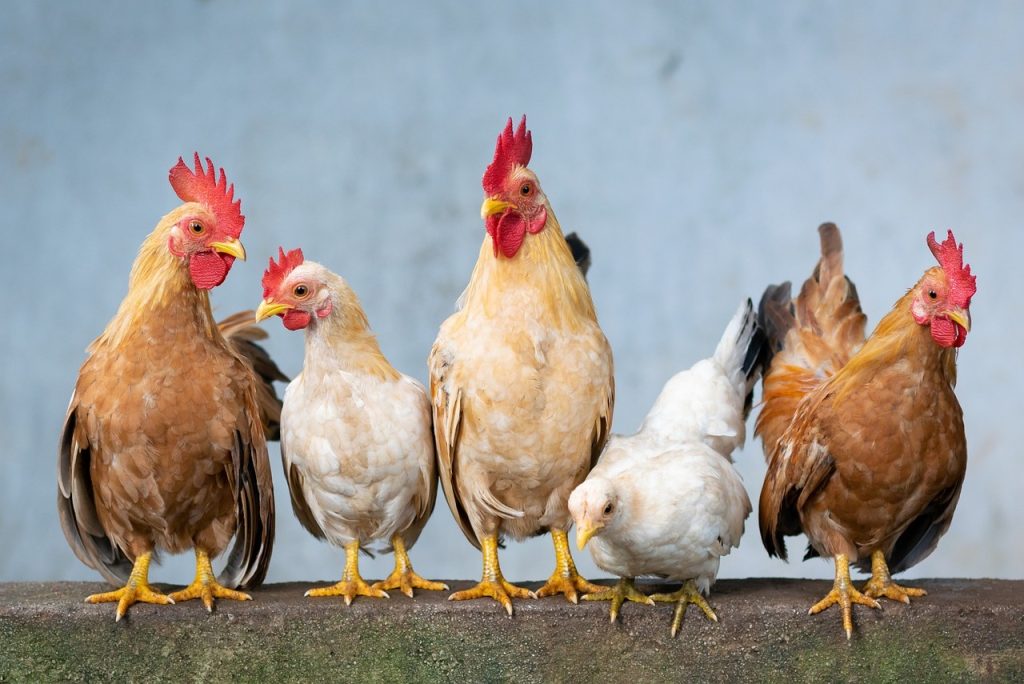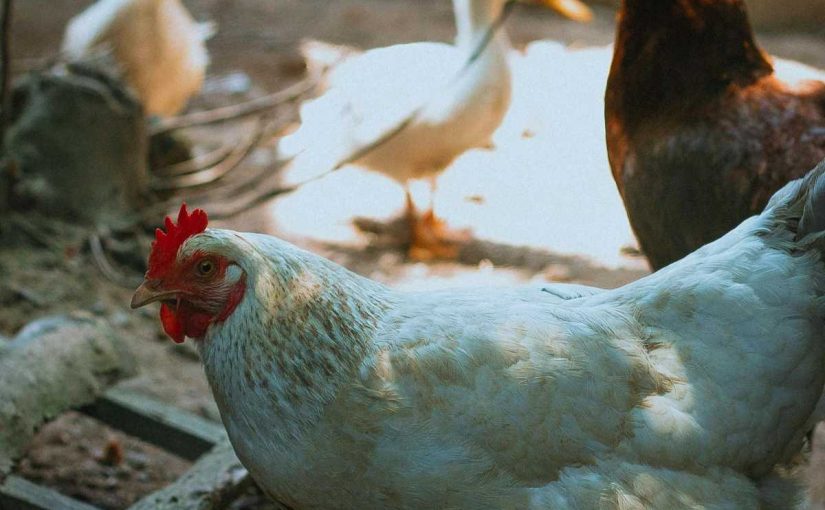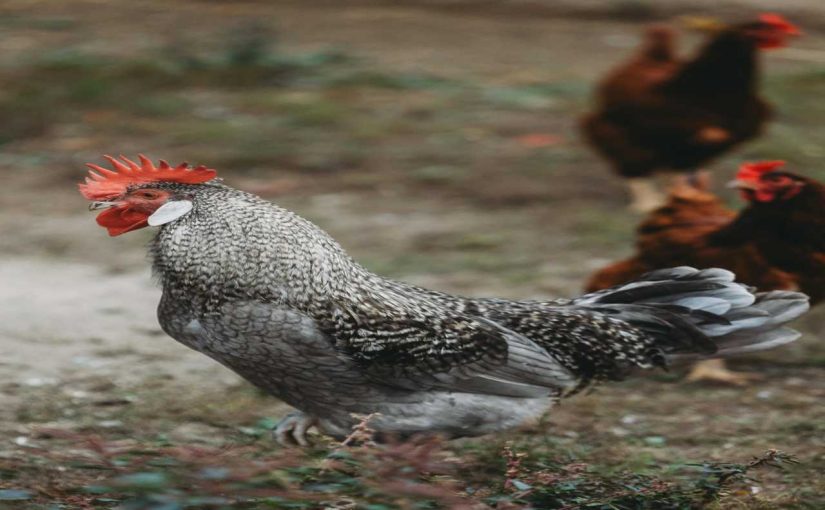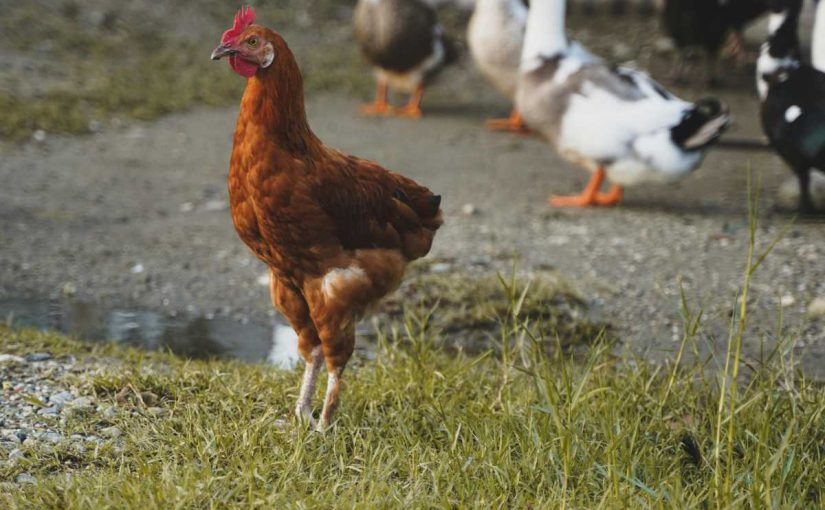As we move into 2024, maintaining a safe and healthy environment for your chickens is more important than ever. Biosecurity measures are crucial for preventing the spread of diseases and ensuring the overall well-being of your flock. Whether you’re a seasoned chicken keeper or just starting out, implementing effective biosecurity practices can protect your birds and improve their productivity. Here’s a comprehensive guide on essential chicken biosecurity measures for 2024.
1. Establish a Biosecurity Plan
Before diving into specific measures, it’s essential to create a comprehensive biosecurity plan tailored to your farm or backyard setup. This plan should outline specific protocols for daily management, emergency procedures, and how to respond to potential disease outbreaks. Ensure that everyone involved in caring for the chickens understands and follows this plan.
2. Limit Access to the Chicken Area
Controlling who has access to your chickens is vital for preventing disease introduction. Limit visitors and discourage unnecessary foot traffic around the coop and run. If someone needs to enter, provide them with clean footwear and clothing, or require them to wear disposable boots. Implement a sign-in sheet to keep track of who has been on your property.
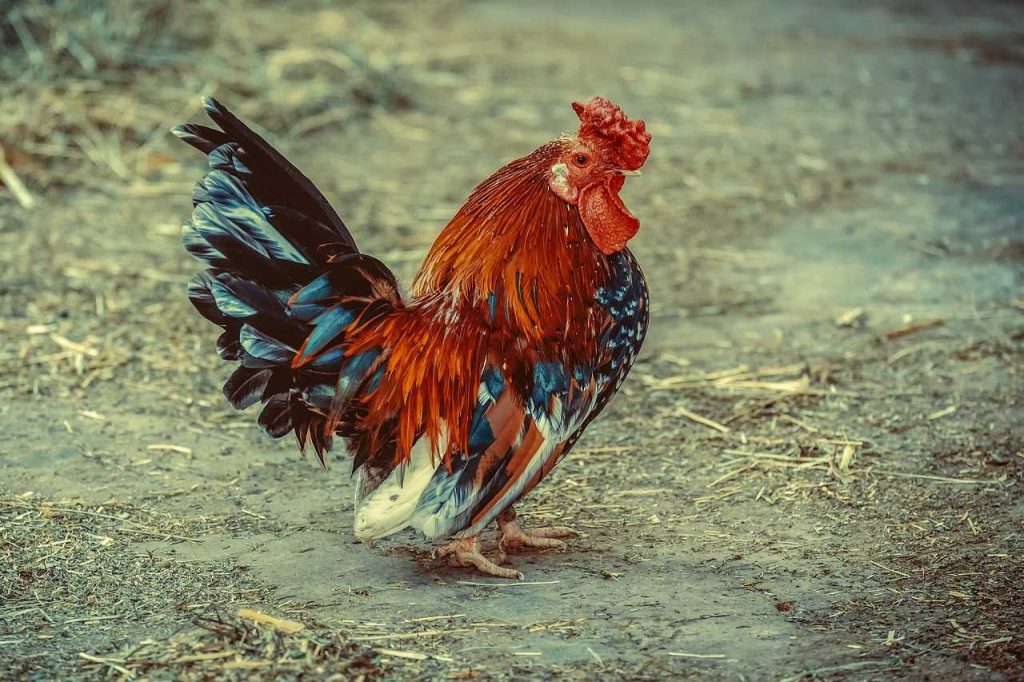
3. Maintain Cleanliness and Sanitation
Regular cleaning and sanitation of your coop and surrounding areas help minimize disease risks.
- Daily Tasks: Remove droppings and leftover feed daily to prevent the attraction of pests and the buildup of harmful bacteria.
- Weekly Cleaning: Wash waterers, feeders, and surfaces with soap and water, then disinfect them using a safe poultry disinfectant.
- Deep Cleaning: Schedule deep cleanings monthly or quarterly to thoroughly scrub down the entire coop, including nesting boxes and roosting bars.
4. Control Wildlife and Pests
Wild animals and pests can carry diseases that affect chickens. Implement measures to deter these animals:
- Secure Coops: Ensure that your coop is predator-proof by sealing off openings and using sturdy materials.
- Remove Attractants: Keep feed stored in airtight containers and clean up spilled grains to avoid attracting rodents and wild birds.
- Monitor for Pests: Regularly check for signs of rodents or wild birds around the coop and take action to eliminate these problems promptly.
5. Implement Strict Hygiene Practices
Good hygiene practices are essential to minimize the risk of disease transmission:
- Hand Washing: Always wash your hands before and after handling your chickens, feed, and equipment.
- Separate Equipment: Use dedicated tools and equipment for different flocks, especially if you keep multiple species of poultry.
- Disposable Items: Whenever possible, use disposable gloves and other items that can be discarded after use to further reduce cross-contamination risk.
6. Quarantine New Additions
Before introducing new chickens to your flock, quarantine them for at least 30 days to monitor for signs of illness. During this period, keep them away from your established flock, and observe them for any symptoms of disease. Testing new birds for common poultry diseases before introduction is also a smart move.
7. Vaccination and Health Monitoring
Vaccinations are a critical component of biosecurity for poultry. Consult with your veterinarian about which vaccinations are appropriate for your flock based on your geographical location and specific risks. Additionally, perform regular health checks on your chickens to identify any signs of illness early, allowing for prompt treatment and reducing the risk of spreading disease.
8. Manage Feed and Water Sources
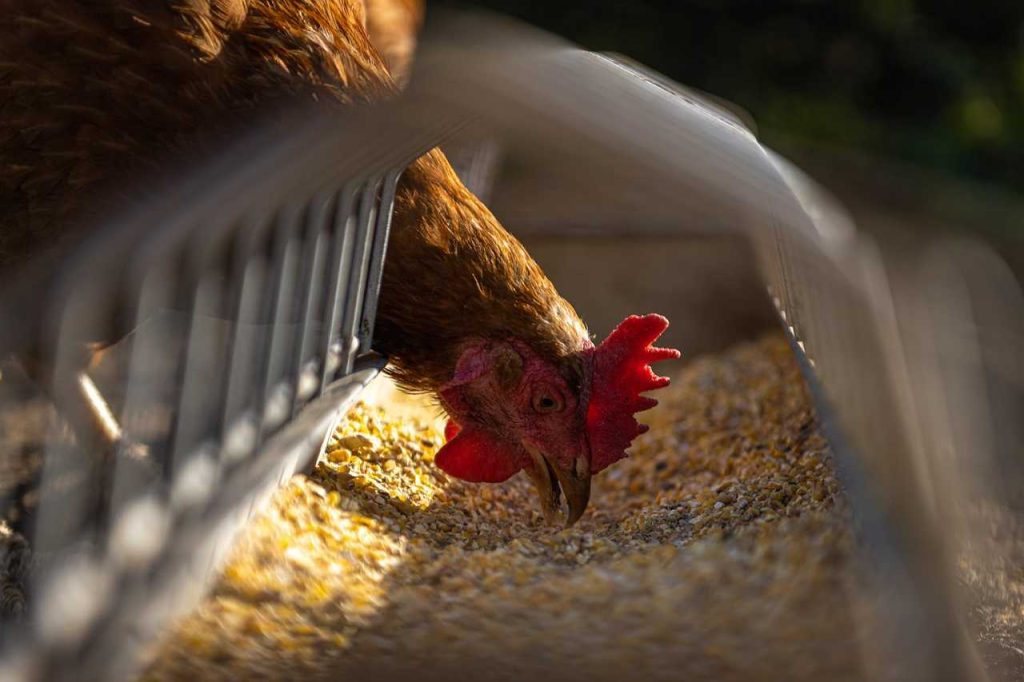
Ensure that your chickens have access to clean, uncontaminated food and water:
- Feed Storage: Store feed in airtight containers to keep it dry and pest-free.
- Water Hygiene: Change water daily and clean waterers regularly to prevent bacterial growth and contamination.
- Use High-Quality Feed: Invest in high-quality feed from reputable sources to minimize the risk of introducing diseases through contaminated feed.
9. Stay Informed About Local Disease Outbreaks
Keeping up-to-date with local poultry disease outbreaks is vital. Join local poultry associations or forums to stay informed about any health alerts or recommended practices. Your local agricultural extension office can also provide valuable resources and information on maintaining flock health.
10. Educate Yourself and Others
Education is key to effective biosecurity. Stay informed about best practices, new diseases, and vaccination protocols. Share this knowledge with family members or anyone who assists with your chickens to ensure everyone is on the same page regarding biosecurity measures.
Conclusion
Implementing and maintaining strict biosecurity measures is essential for the health and productivity of your chickens in 2024. By following these essential practices, you can protect your flock from diseases, ensure their well-being, and ultimately contribute to a successful and sustainable poultry operation. Remember, a proactive approach to biosecurity not only safeguards your chickens but also supports the larger poultry community.

